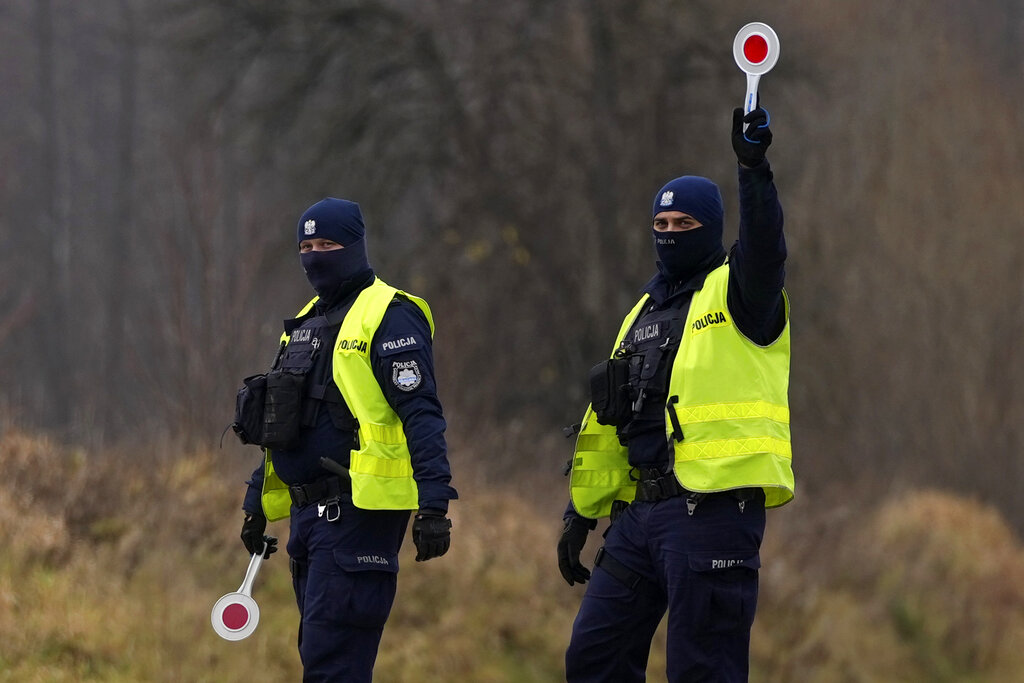With thousands of migrants crossing through Poland into Germany, Poland has a vested interest in making sure they do not stay on their territory. German media outlets are now pointing out that Polish Prime Minister Donald Tusk is rejecting Germany’s plan to introduce border controls in the wake of Islamic terror attacks in recent months.
German newspaper Junge Freiheit goes so far as to state that “Poland is now conspiring with other neighboring countries against the Federal Republic.”
Tusk himself in response to the border closures said that the plan was “unacceptable.” He stated that he would participate in “urgent consultations” with countries neighboring Germany to stop Berlin from closing its borders.
Poland features an external border with Belarus, which has become a new flash point for illegal immigration. Many of these migrants are expressly headed to Germany. Tusk is now worried these migrants may get stuck in Poland and even end up staying, which would cement his status as a pro-migrant politician in the eyes of many Poles. Tusk says he wants to hold “urgent consultations” with neighboring countries to stop the border policy.
Czech Interior Minister Vit Rakusan appeared to react calmly to the news, saying: “For the Czech Republic and its citizens, this does not mean any fundamental change at the moment.”
However, Austria has expressed criticism, saying there have already been 30,000 rejections of migrants at the German border since 2023. Austria’s Interior Minister Gerhard Karner (ÖVP) said on Monday that he would not accept asylum seekers rejected from Germany back into Austria. Austria’s government is under severe pressure with upcoming national elections approaching from the Freedom Party of Austria (FPÖ), which is known for its far tougher stance on immigration and which is currently number one in the polls.
Tusk may also have some backing from the EU. The spokesperson for the EU commission, Anitta Hipper, criticized the new plans from Germany’s far-left government, saying border control checks within the Schengen Area should remain the “absolute exception.”






